-
INSTITUTE
-
EVENTS
-
ASSISES
-
SEMINARS
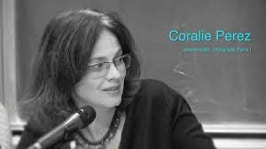
Coralie PEREZ is an economist and researcher at the University of Paris 1 Panthéon-Sorbonne. She is a member of the Sorbonne Economic Center (Cnrs-Univ de Paris 1).
Resumé
Subject to quantitative goals, rigid procedures and frequent reorganizations, employees often feel that their work loses meaning. How do they respond to these difficulties? Do they want to leave in search of a better job? What is the relationship between the change in the meaning of work and sickness absence? In the work written together with Thomas Coutrot, "Nadanie sensu pracy", as reported by Coralie Perez, we propose an original definition of the meaning of work in relation to the psychodynamics of work. Our results, based on the analysis of the 2013-2016 Universal Working Conditions Survey panel, confirm the interest in taking into account the meaning of work (and the conditions of its performance) to understand employee behavior (mobility, absenteeism) and further to think about ways of emancipation "through" and "at” work.
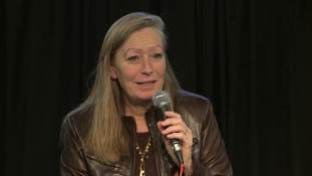
prof. Marie-Anne Dujarier
Marie-Anne DUJARIER is a sociologist, professor at the University of Paris Cité, at the Institute of Humanities, Knowledge and Society (IHSS), where she is responsible for the Master's Degree in Clinical Sociology and Psychosociology. She is a researcher at the Laboratory of Social and Political Change (LCSP) and associated with LISE (CNAAM/ CNRS).
Work values
Questioning the meaning assigned to the word "work" in our societies, Marie-Anne Dujarier shows its historical variations. Moreover, work is regularly recognized as having value. However, the great polysemy of this word rather invites us to develop it and think about the values it carries. Leaving binary debates about work, then, it will be necessary to reflect on the relationships and conflicts between these values, on the one hand, and the political and moral applications that are made of them.
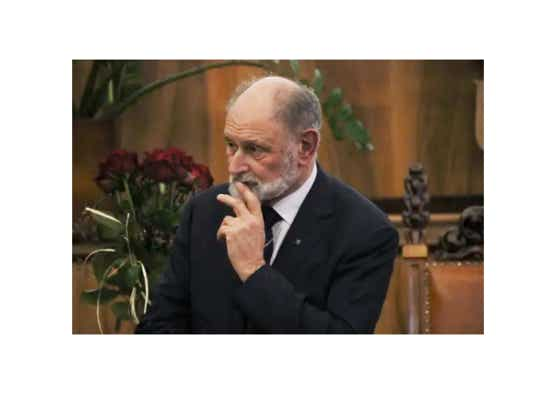
prof. Tomasz Schramm
Tomasz Schramm - professor emeritus of the University of Adam Mickiewicz in Poznań (Faculty of History). His research interests include: political history of the 19th and 20th centuries (in particular French-Polish relations), European history. Since 2016, chairman of the Committee of Historical Sciences of the Polish Academy of Sciences and co-chairman of the Organizing Committee of the 23rd International Congress of Historical Sciences (Poznań 2022). In the years 2012-2020, member of the Central Commission for Scientific Degrees and Titles. Vice-president of the International Association of Contemporary History of Europe from 2000 to 2022, member of the Presidium of the Polish Historical Society since 2004, honorary doctor of the Jan Kochanowski University (Kielce), Commander of the Order of Polonia Restituta and Knight of the Order of Merit, Knight of the Order of Academic Palms (French decoration). Honorary Consul of the French Republic in Poznań in 2006-2019.
Scientific work in the modern world (resumé)
Reflections on the current situation in this field will take the form of the combined voices of great scientists, mainly Polish, whose moderator proposes to be a "messenger". These reflections revolve around conflicts resulting, among others, from "starcia kultury akademickiej z innymi przeciwstawnymi nurtami" (Piotr Sztompka), which leads to "włączenia szkolnictwa wyższego i badań naukowych w gospodarkę rynkową, poddaną wymogom wydajności i konkurencyjności" (Alain Supiot) or the situation , in which the management of scientific work transforms from the organization of its environment into subordinate management of this work. These reflections lead to observations about the social, functional subordination of the University, which is based on its autonomy. The university's autonomy appears de facto as a "means" of its subordination to other logics.
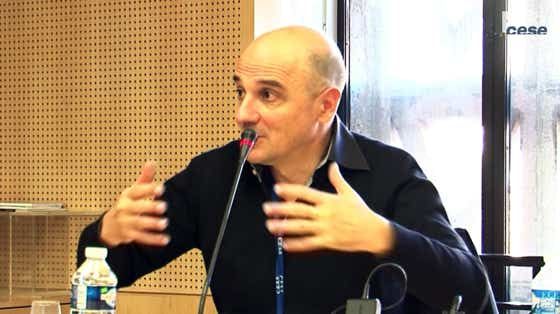
prof. Jérôme Gautié
Professor at the University of Paris 1 Panthéon-Sorbonne since 2005, lecturer at the Institute of Economic and Social Administration (part of the Sorbonne School of Law); researcher at the Sorbonne Center for Economics; responsible for Master 2: Anticipation and Management of employment and Skills (AGEC) as well as Master 2: "Economic and Social Administration". Research topics: Labor economics, professional relationship and employment policy, Epistemology and history of economic thought, Economic and social history of work, unemployment, wages. Head of the "Political Economy" scientific program at the Sorbonne Economic Center.
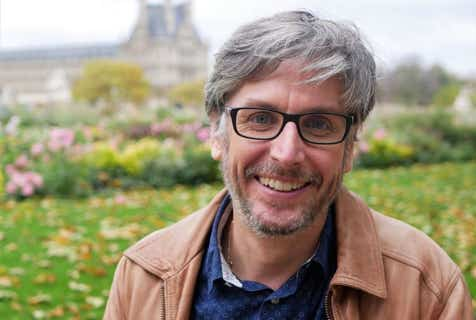
prof. David Cayla
David Cayla is a teacher-researcher (at the University of Angers), a member of Granem, and deputy dean for education at the Faculty of Law, Economics and Management. Involved in economics open to other social sciences, he is a member of the Les économistes atterrés group.
Recent publications by David CAYLA:
• Revues scientifiques à comité de lecture:
"How the Digital Economy Challenges the Neoliberal Agenda: Lessons from the Antitrust Policies", Journal of Economic Issues, juin 2022, Vol. 56, No 2, pp. 546-543.
"The Rise of Populist Movements in Europe: A Response to European Ordoliberalism?", Journal of Economic Issues, Juin 2019, Vol 53, No 2, pp. 355-362 (HCERES B).
• Ouvrages en français:
Déclin et chute du néolibéralisme, De Boeck Supérieur, Louvain-la-Neuve, oct. 2022, 288 p.
Populisme et néolibéralisme, De Boeck Supérieur, Louvain-la-Neuve, oct. 2020, 304 p.
• Ouvrages en anglais:
The Decline and Fall of Neoliberalism : Rebuilding the economy in an Age of crisis, Routledge, Londres, New York, 2023 (à paraître).
Populism and neoliberalism, Routledge, Londres, New York, mars 2021, 190 p.
• Chapitres d'ouvrages:
"Le revenu universel, instrument de l’imaginaire néolibéral", dans G. CHÂTON et M. LONG, Le revenu universel, une utopie pour le XXIe siècle ?, Berger-Levrault, Paris, oct. 2022, pp. 133-147.
"Le 'vivre ensemble' face au projet néolibéral", dans C. Bouriau, A. Moine et M. Rota (dir), Le vivre ensemble saisi par le droit, Pédone, avr. 2021, Paris, pp. 223-238.
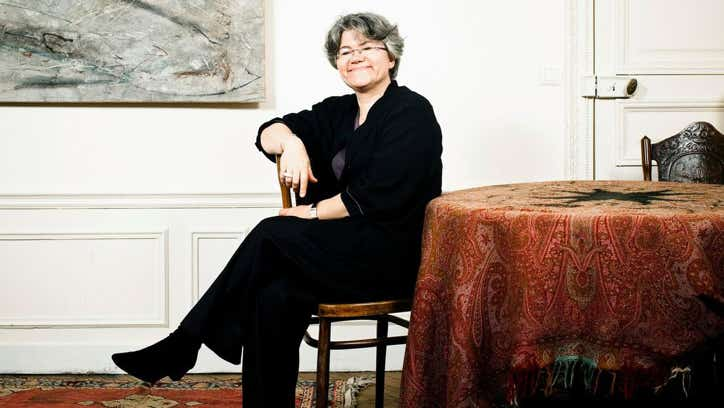
prof. Dominique Méda
Dominique Méda is a former student of the École Normale Supérieure and the National School of Administration in France. She is currently a Professor of Sociology at Univerisité Paris Dauphine-PSL and Director of the Institute for Interdisciplinary Research in the Social Sciences. She is the author of many books on work, economic and social policy. Among her recent works: "Another way is possible. Towards a socio-ecological model", with Eric Heyer and Pascal Lok; "Work Manifesto. Democratize, Decommodify, Cleanse” with Isabelle Ferreras and Julie Battilana; "Should we wait for growth?", with Florence Jany-Catrice. She writes a regular column in Le Monde and on October 20 her work titled: "Those were the Macron years, a collection of chronicles from 2018 to 2022" will be published.